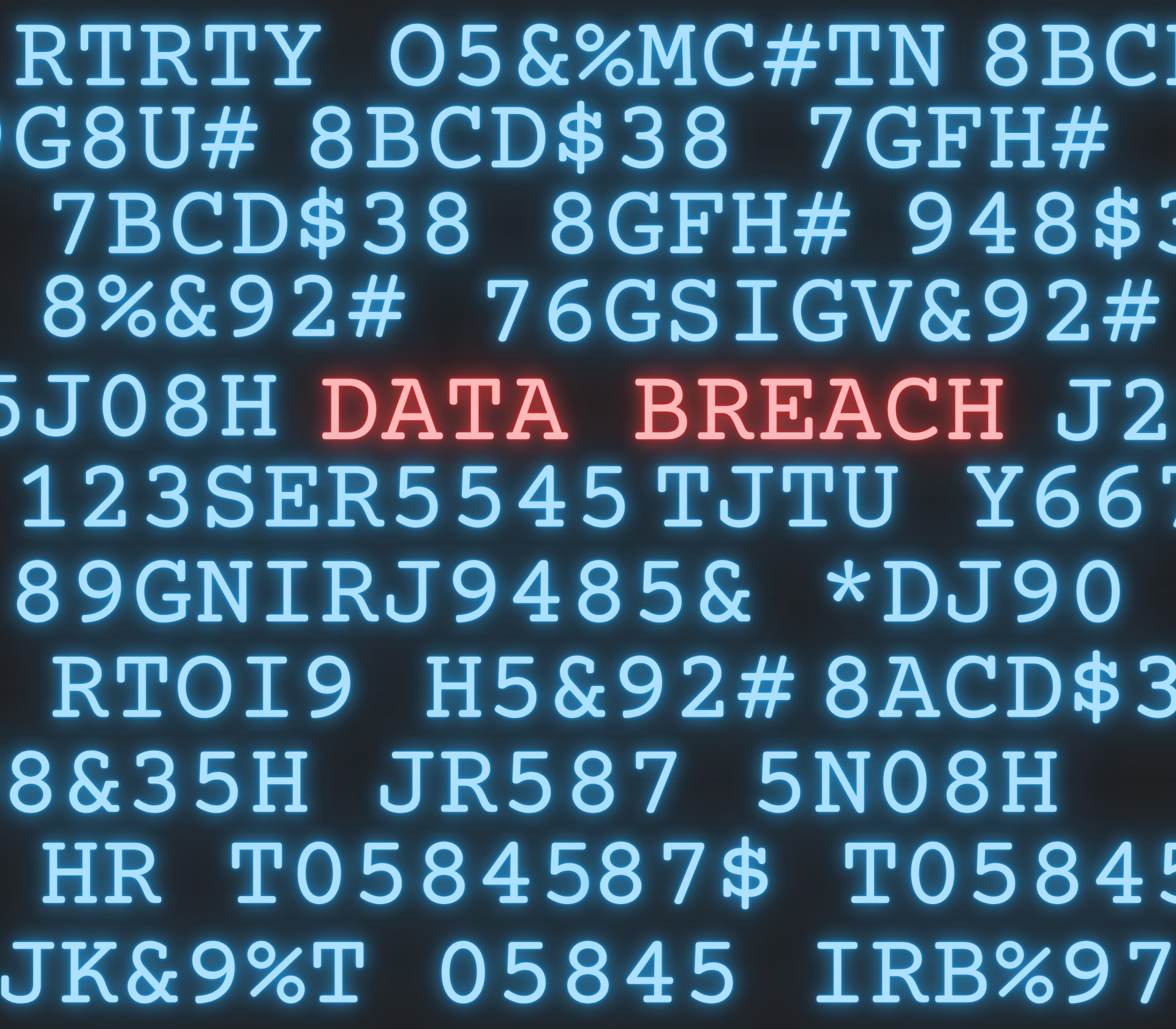The Sportadmin data breach in Sweden marks one of the most significant cybersecurity incidents in the country’s history, with personal data from approximately two million individuals now potentially available for sale on the dark web. This breach has raised critical concerns about data security, personal privacy, and the legal recourse available to victims. For those affected, understanding their rights and taking immediate action is essential.
What happened?
The breach was first discovered on January 16, 2025, prompting an immediate system shutdown. Sportadmin, an application used by around 1,700 sports associations and over one million members, primarily for managing training sessions and association information, found itself at the center of an unprecedented crisis. While the full extent of the breach remains under investigation, reports indicate that personal information, including full names, email addresses, phone numbers, mailing addresses, and association membership details, may have been leaked. Payment functions, however, remained unaffected as they relied on external suppliers. Authorities, including the Swedish Data Protection Authority (IMY) and law enforcement agencies, were promptly notified, and investigations into the attack and its perpetrators are ongoing. Verify if your personal information was compromised
For individuals who may be victims of this breach, the first step is to determine whether their data has been compromised. The most direct way to confirm this is by contacting their respective sports association, as these organizations have been notified about the breach and can clarify whether specific data sets were exposed. Additionally, Sportadmin or its parent company, Lime Technologies, may reach out to affected individuals with guidance.
Monitoring official communications from Sportadmin is also crucial, as updates about the incident and response measures will be published through their official channels. While Sportadmin has not yet provided a dedicated tool for users to check their exposure, third-party breach verification services such as Have I Been Pwned and Google’s Dark Web Report can help identify if personal details have surfaced in publicly known breaches.
Those impacted must remain vigilant against phishing attempts and scams. The leaked data could be used to craft targeted fraud campaigns, making it imperative to scrutinize any unexpected emails, phone calls, or messages requesting personal information. Any suspicious activity should be reported to the Swedish Police and the IMY. If victims notice unauthorized use of their personal data, filing an official complaint can help authorities track and mitigate potential misuse.
Potential Risks: Identity theft, Scams, and Privacy Violations
Victims of the Sportadmin breach have several legal rights under the General Data Protection Regulation (GDPR) and Swedish data protection laws. Companies handling personal data are required to notify individuals of data breaches that pose a significant risk to their privacy. As such, Sportadmin is obligated to inform affected users about the breach, detailing the nature of the exposed data, potential risks, and steps taken to mitigate the consequences. Individuals have the right to report the breach to IMY, which can investigate Sportadmin’s handling of personal data and impose fines if violations of GDPR are found. Additionally, since the breach has led to concerns of identity theft and harassment, victims may qualify for state-funded legal representation and, in extreme cases, restraining orders against individuals misusing their information.
How to seek Compensation
One of the most pressing concerns for victims is whether they are eligible for financial compensation. Under GDPR, affected individuals can seek damages for both material and non-material harm. Material damages may include financial losses from fraud or identity theft, while non-material damages cover psychological distress, anxiety, and reputational harm resulting from the breach. Swedish courts may award compensation depending on the severity of the impact.
To claim compensation, victims can first approach Sportadmin or Lime Technologies directly, requesting reimbursement for damages incurred due to the breach. If Sportadmin refuses to provide compensation, individuals may proceed with legal action by filing a lawsuit in Swedish civil court. Unlike some legal procedures, filing a report with IMY is not a prerequisite for initiating a lawsuit, though IMY’s findings on the breach could strengthen an individual’s case. Claimants should gather evidence such as official breach notifications, proof of fraudulent transactions, medical reports indicating psychological distress, and any other documentation that demonstrates financial or emotional harm.
Given the scale of the Sportadmin breach, there is also the possibility of a class-action lawsuit. Swedish law permits collective claims, meaning affected individuals can join forces to file a group lawsuit against Sportadmin. This approach can be beneficial as it increases the likelihood of a favorable legal outcome and may reduce the burden of individual legal fees. Victims seeking compensation should act within the statutory deadline of six years, ensuring they do not forfeit their right to legal recourse.
Final remarks
For individuals who suspect their data has been misused, proactive measures can help mitigate further risks. Freezing credit, monitoring financial accounts, and using dark web monitoring tools are essential steps to prevent identity theft. For parents of affected minors, GDPR’s ”right to erasure” provides a legal mechanism to request the deletion of children’s data from any databases where it may have been compromised.
While the full impact of the Sportadmin breach continues to unfold, affected individuals should take immediate steps to protect themselves. Contacting sports associations, verifying data exposure, staying alert for fraud, and seeking legal recourse where applicable are all crucial actions. As investigations progress, further details will emerge about the breach. In the meantime, data security and legal accountability remain key priorities for victims seeking justice and protection in the wake of this unprecedented cyberattack. Here at Eris Law, we are closely monitoring the developments of this case. As new information emerges, we reserve the right to issue further critical opinions, particularly given the many unanswered questions surrounding this breach. For cybercriminals, this leaked database is a goldmine—one that enables fraud, identity theft, and other crimes that can deeply impact victims’ lives. Our solidarity lies with those affected, and we hope this case serves as a wake-up call, underscoring the immense responsibility that comes with handling personal data.
References:
1. SVT Nyheter. “ Skyddade uppgifter i läckan från Sportadmin: ”Allvarligt för dem som lever under hot.” Available at: Skyddade uppgifter i läckan från Sportadmin: ”Allvarligt för dem som lever under hot” | SVT Nyheter
2. Sweden Herald. ”Sports Administrator: All Personal Data May Have Leaked.” Available at: https://swedenherald.com/article/sports-administrator-all-personal-data-may-have-leaked
3. Sweden Herald. ”Sport Administrators Payment Function Not Affected by the Attack.” Available at: https://swedenherald.com/article/sport-administrators-payment-function-not-affected-by-the-attack
4. Aftonbladet. ”Sportadmin Hackat – Uppgifter Har Läckt.” Available at: https://www.aftonbladet.se/sportbladet/a/25KRQy/sportadmin-hackat-uppgifter-har-lackt
5. Swedish Data Protection Authority (IMY). ”Data Breach Reporting and Rights of Affected Individuals.” Available at: https://www.imy.se/en/about-us/swedish-authority-for-privacy-protections-assignment/

